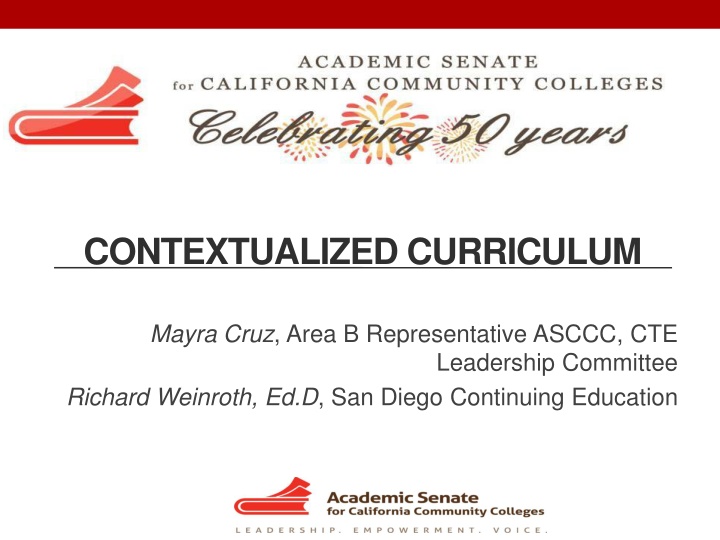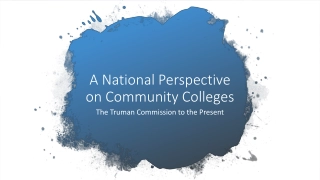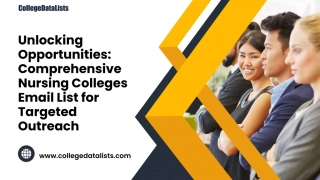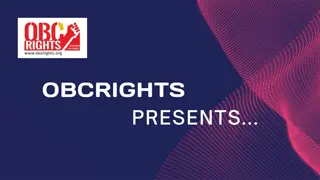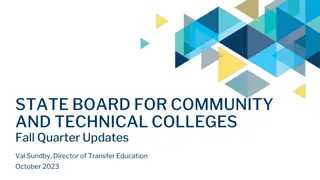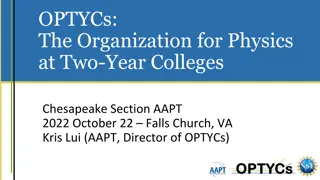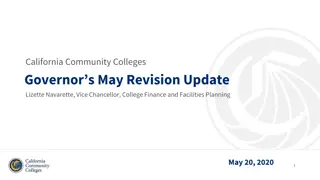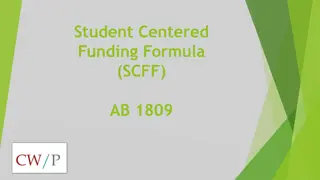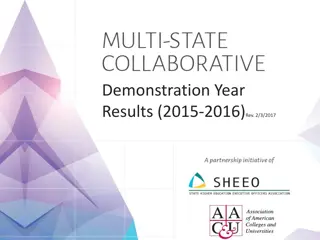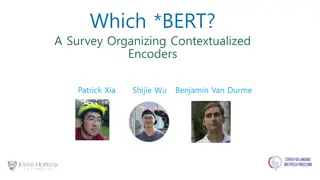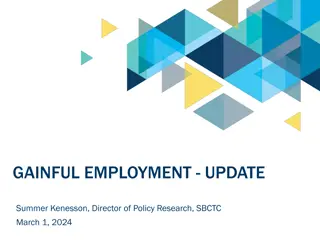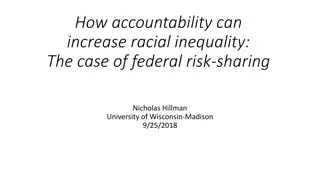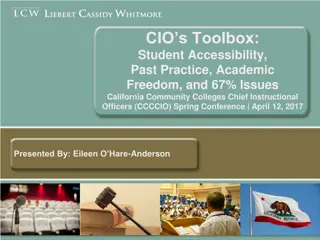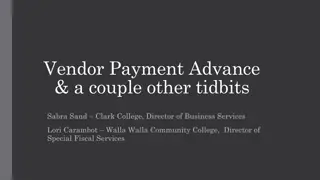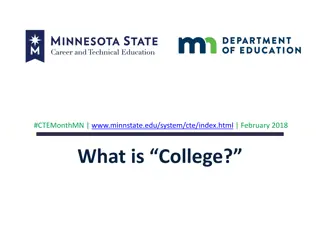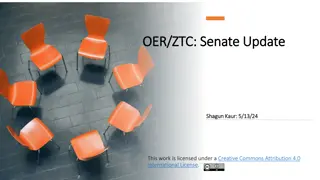Advancing Student Success through Contextualized Learning in Community Colleges
Community colleges have historically offered remedial courses to address student skill gaps, but these approaches have not always led to desired outcomes. Initiatives like AB 705 aim to enhance student success by maximizing readiness for transfer-level coursework in English and math within shorter timeframes, minimizing placement disparities, and increasing completion rates. Contextualized learning, rooted in progressive educational practices, seeks to make learning more meaningful and effective for students, ultimately promoting college graduation and success.
Download Presentation

Please find below an Image/Link to download the presentation.
The content on the website is provided AS IS for your information and personal use only. It may not be sold, licensed, or shared on other websites without obtaining consent from the author.If you encounter any issues during the download, it is possible that the publisher has removed the file from their server.
You are allowed to download the files provided on this website for personal or commercial use, subject to the condition that they are used lawfully. All files are the property of their respective owners.
The content on the website is provided AS IS for your information and personal use only. It may not be sold, licensed, or shared on other websites without obtaining consent from the author.
E N D
Presentation Transcript
CONTEXTUALIZED CURRICULUM Mayra Cruz, Area B Representative ASCCC, CTE Leadership Committee Richard Weinroth, Ed.D, San Diego Continuing Education
Background 60% of community college students enroll in at least one developmental course* Since the adoption of the Master Plan for Higher Education in 1960, the California Community Colleges, in addition to their primary missions of academic and vocational instruction, were also tasked to provide remedial instruction for those in need of it. ** 1986, title 5 regulations required that colleges employ multiple measures in order to provide placement recommendations for students. ** *Retrieved from https://www.usatoday.com/story/news/nation/2013/07/25/stateline-remedial-education/2586013/ **AA 18-40 June 11, 2018 Memo Retrieved from https://asccc.org/sites/default/files/AA%2018- 40%20AB%20705%20Implementation%20Memorandum__0_0.pdf
In the late 1990s and early 2000s when there was a significant growth in the development of English, English as a Second Language (ESL), and mathematics course sequences designed to address students perceived skill gaps in order to help them be more prepared for college-level course work. * Scaffolded course sequences were designed by faculty as a way to build student success by developing a foundation that would logically lead to transfer-level course success and ultimately college graduation and completion. * This approach also did not yield successful results as expected. * *AA 18-40 June 11, 2018 Memo Retrieved from https://asccc.org/sites/default/files/AA%2018- 40%20AB%20705%20Implementation%20Memorandum__0_0.pdf
AB 705: Impetus & Opportunity AB 705 requires community college districts to maximize the probability that a student will enter and complete transfer-level coursework in math and English within a one-year timeframe by utilizing assessment measures that include high school performance to achieve this goal. Vision for Success Outcomes 1. Outcomes Increase the numbers of students who enter and complete transfer-level English and mathematics/quantitative reasoning in one year 2. Minimize the disproportionate impact on students created through inaccurate placement processes 3. Increase the number of students completing transfer-level English within three years AA 18-40 June 11, 2018 Memo Retrieved from https://asccc.org/sites/default/files/AA%2018- 40%20AB%20705%20Implementation%20Memorandum__0_0.pdf
An Effective Practice: Roots & Story of Contextualized Learning Progressive Era 1890-1950 John Dewey introduced experiential learning to make learning more meaningful to students 1970s Functional context education Literacy task analysis
1990 Creating intentional connecting between student academic preparation and workforce readiness 1990 Secretary Commission on Achieving Necessary Skills (SCANs), School-to-work Initiatives Act & Carl D. Perkins Career & Technical Education Act 2001 A conception of teaching and learning that helps teacher relate subject matter to real world situations. Diverse family of instructional strategies were designed
Experiential learning framework & concepts in several of the many disciplines of higher education
Learning Theories that Support Contextualized Learning Motivation theory Problem-Centered Theory Social Learning Theory Learning Styles Brain Research
Models for Implementation Stand-alone classrooms 1. Infuse academics and focused on academic skill building 2. Infused occupational academic skills taught in the context of vocational competencies Linked courses or learning communities
San Diego Continuing Education Certificate Programs Accounting/Business Information Worker Video Automotive Child Development Video Computer System and Network Administration Video CISCO Certified Networking Associate Video Culinary and Bakeshop Academy Video Digital Design and Development Electronics English As A Second Language Video Fashion and Textiles Video Heating Ventilation & Air conditioning (HVAC) Healthcare Careers Video High School Diploma/Equivalency Video Plumbing Small Business & Project Management Video Upholstery Welding Video
San Diego Continuing Education Welding Program Students are provided instruction and practical experience necessary to: Understand welding industry principles and practices Safely perform shielded metal arc welding utilizing steel plates and shapes with fillet and groove welds to American Welding Society acceptable standards. Integrate and apply workplace skills such as math, communications, and business ethics. Upon completion of 600 hours students may receive a welding certificate from the American Welding Society (AWS) and SDCE. Video
San Diego Continuing Education EL Civics Program Students are provided instruction and practical experience necessary to ensure that they understand the rights and responsibilities of being a citizen. The EL Civics Program supports effective practices through curriculum linked to civics education. Program objectives include: Cultural differences Communicating with a child s school Interacting with health professionals Research careers and career opportunities Transition to college Communicating at work
EL Civics Program Student Guide EL Civics Beginning Low-Student Guide
EL Civics Program Student Guide EL Civics Advanced-Student Guide video
Pre-Vocational ESL Project Success 6-level Series
PS 4: Asking for a Promotion Video link
PS 4: Reading a Pay Stub How much has Lina paid so far this year for hospital insurance? a. 157.57 b. 22.51 c. 61.83 What is Lina s current net pay? a. 1505.60 b. 11324.25 c. 1650.00 Which amount is the highest? a. current overtime pay b. current FICA c. current federal tax What is Lina s year to date earnings so far this year? a. 1815.00 b. 13505.00 c. 11324.25
Elements of Contextualized Learning Faculty collaboration Curriculum/Instructional Material Development Relevant context Interactive teaching Professional development Institutional support Continuous improvement Improved outcomes
Exploring ideas for partnering with English, math, and ESL colleagues Partner to contextualize learning in order to enhance student performance and success My story with ESL Linked Courses & Child Development Example in English & Math (from participants) Washington Integrated Basic Skills and Training (I-Best) Video https://www.sbctc.edu/colleges-staff/programs-services/i- best/
Impact on Student Outcomes: Key Questions How do we evaluate the impact on student outcomes? Longitudinal data on student success? How do we assess its effectiveness? What longitudinal data can be evaluated to determine if this strategy is preparing workers for specific jobs?
For more information contact: Mayra Cruz, M.A. cruzmayra@deanza.edu Area B Representative ASCCC Richard Weinroth, Ed.D. rweinroth@sdccd.edu San Diego Continuing Education
Resources ASCCC (Spring 2009) Contextualized Teaching & Learning: A Faculty Primer A Review of the literature and faculty practices with implications for California community colleges practitioners. https://www.asccc.org/papers/contextualized-teaching- learning-faculty-primer Kolb, Alice Y. & Kolb, David A. 2017 Experiential Learning Theory as a Guide for Experiential Educators in Higher Education. ELTHE: A Journal for Engaged Educators, Vol. 1, No. 1, pp. 7 4400
For more information contact: Mayra Cruz cruzmayra@deanza.edu Area B Representative ASCCC
